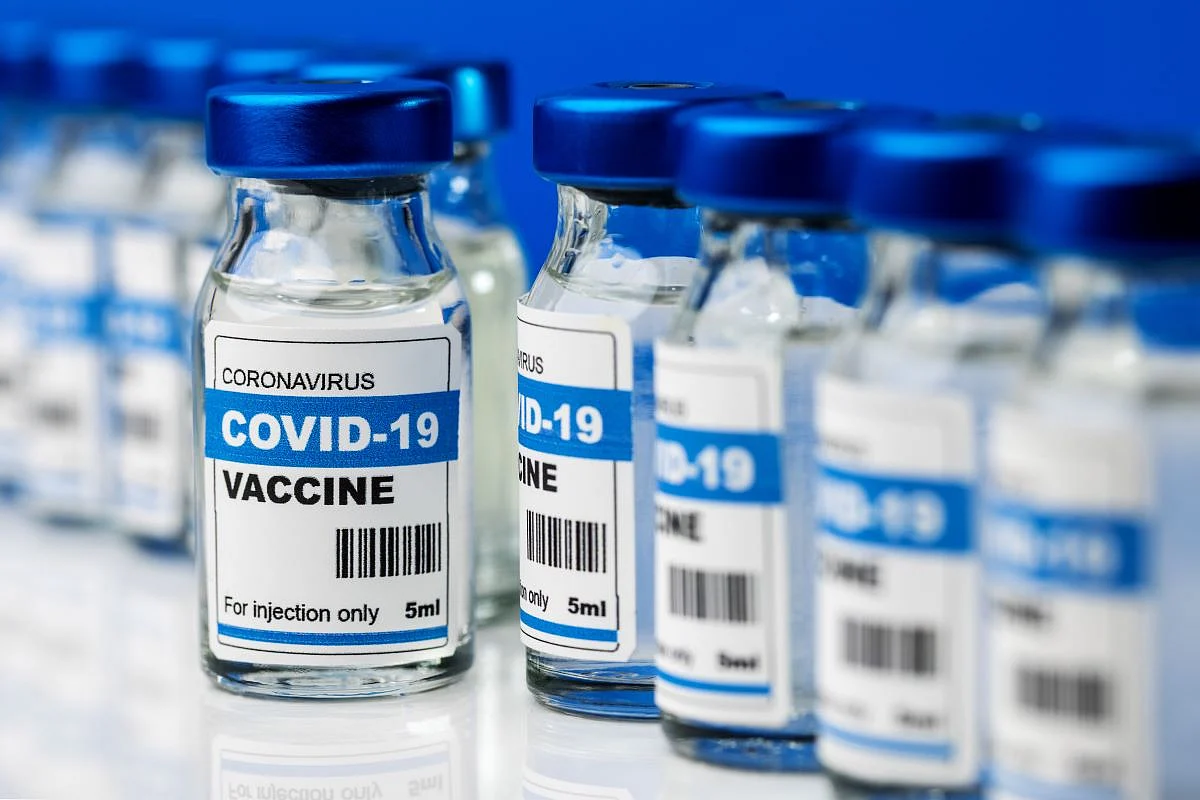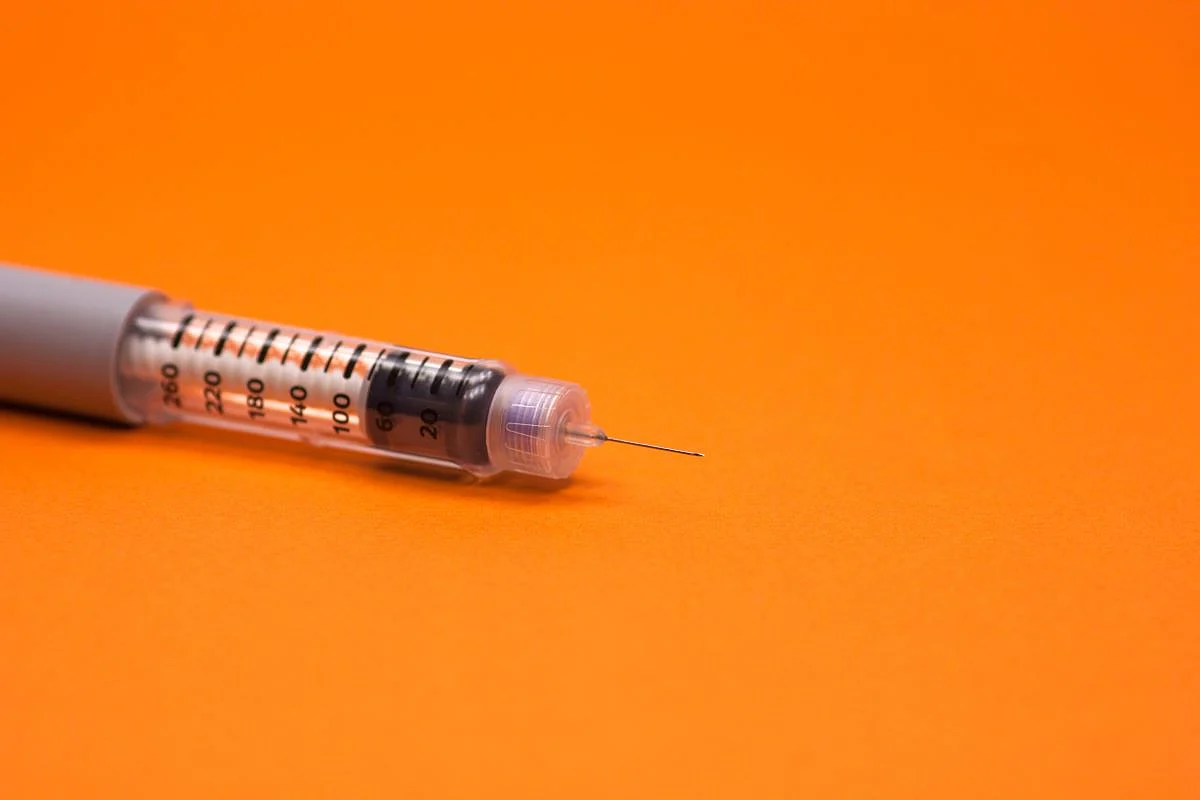
Families with a child receiving treatment for autism spectrum disorder (ASD) incur almost 10 times more in health care costs than those of other children, including those diagnosed but not receiving any ASD treatment. That’s among the key takeaways from a new report that provides insight into the health care costs and treatment patterns for… read on > read on >













.jpg)




